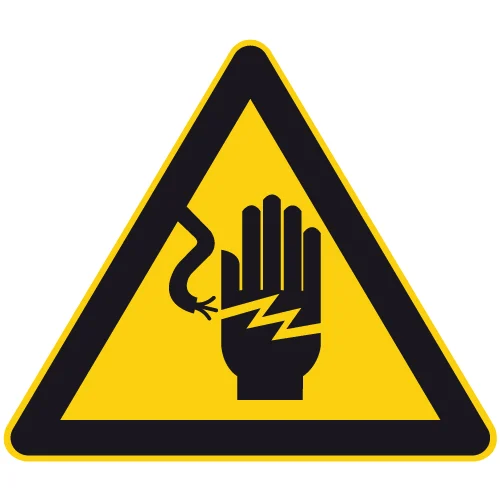In the modern household, electricity powers almost every aspect of our daily lives, from lighting up our homes to running essential appliances like air conditioners. While electricity undoubtedly makes life easier, it’s essential to remember that it can also pose significant risks if not handled properly. Electrical accidents can lead to property damage, injuries, or even fatalities. Therefore, understanding and practicing electrical safety is paramount for every homeowner. Here are some crucial electrical safety tips to keep you and your family safe:
- Regular Inspections: Schedule regular inspections of your home’s electrical system by a qualified electrician. This ensures that any potential issues are identified and addressed promptly, reducing the risk of electrical fires or shocks.
- Upgrade Old Wiring: If your home is equipped with outdated wiring, consider upgrading to newer, safer alternatives like copper wiring. Old wiring systems can be prone to wear and tear, increasing the likelihood of electrical hazards.
- Install Ground Fault Circuit Interrupters (GFCIs): GFCIs are designed to quickly shut off power in the event of a ground fault, preventing electric shocks. Install GFCIs in areas where water and electricity may come into contact, such as kitchens, bathrooms, and outdoor outlets.
- Use Surge Protectors: Protect your electronic devices and appliances from power surges by using surge protectors. These devices divert excess voltage away from your equipment, safeguarding them from damage caused by sudden spikes in electricity.
- Proper Outlet Usage: Avoid overloading outlets by plugging in too many devices at once. Distribute your electrical load evenly across multiple outlets and avoid using extension cords for long-term solutions.
- Keep Flammable Materials Away: Keep flammable materials such as curtains, paper, or rugs away from electrical appliances and outlets. High temperatures or sparks from faulty wiring could ignite these materials, leading to a potential fire hazard.
- Childproof Outlets: If you have young children in your home, install childproof outlet covers to prevent them from inserting objects into the sockets, reducing the risk of electric shock.
- Unplug Unused Appliances: When appliances are not in use, unplug them to prevent energy wastage and reduce the risk of electrical fires caused by faulty or aging appliances.
- Watch for Warning Signs: Be vigilant for warning signs of potential electrical issues, such as flickering lights, burning smells, or warm outlets. If you notice any of these signs, turn off the power to the affected area immediately and contact a qualified electrician for inspection and repairs.
- Educate Your Family: Ensure that everyone in your household, including children, understands basic electrical safety practices. Teach them about the dangers of electricity and how to use electrical appliances and outlets safely.
- Outdoor Safety: Exercise caution when using electrical appliances outdoors. Only use devices specifically designed for outdoor use and ensure that all outdoor outlets are equipped with weatherproof covers to protect them from moisture and debris.
- DIY with Caution: While it’s tempting to tackle electrical repairs or installations yourself, it’s crucial to know your limits. Minor tasks like replacing a light switch or installing a ceiling fan may be safe for DIY, but more complex jobs should be left to trained professionals.
- Emergency Preparedness: Have a clear plan in place for dealing with electrical emergencies, such as power outages or electrical fires. Keep emergency contact numbers handy and know how to safely shut off the power supply to your home if necessary.
- Carbon Monoxide Detectors: Install carbon monoxide detectors in your home, especially near bedrooms and other sleeping areas. Carbon monoxide is a byproduct of incomplete combustion and can be produced by faulty electrical appliances, posing a silent but deadly threat.
- Regular Maintenance: Finally, prioritize regular maintenance of your electrical system and appliances. Keep them clean and in good working condition to minimize the risk of malfunctions or failures.
In conclusion, electrical safety is not something to be taken lightly. By following these tips and practicing vigilance, you can significantly reduce the risk of electrical accidents in your home. Remember, when it comes to electricity, safety should always be the top priority.
